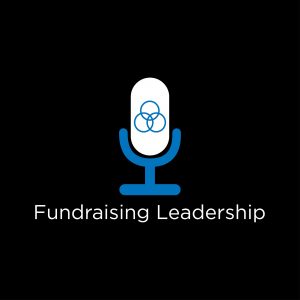
If you are enjoying the show, you can help us continue to bring thoughtful content with a monthly or annual contribution. This supports our production costs and keeps the show ad-free. Make a contribution today.
In this episode, Janice Cunning and Margaret Katz Cann talk with Tanya Rumble and Mariya Yurukova about being advocates for equity, diversity, and inclusion.
They offer practical ideas that nonprofit leaders can implement today. Mariya and Tanya challenge listeners to authentically build relationships with new donor communities and to look at their recruitment and retention strategies. A big theme of this conversation is getting past your fears and getting into action.
You can read their post on the Fundraising Leadership blog here.
Want to join in on a conversation about changing the sector and being an ally? Join Janice and Margaret for a Brilliant Conversation about Just Work by Kim Scott. This free event takes place August 11th at noon ET.
Please subscribe if you haven’t already. You can find us wherever you listen to podcasts.
Our theme music is “Curiosity” by Polysorbate Eighty. Composed and produced by Patrick Mather and James Celentano. Performed by Kristen Bussandri. Copyright 2009 Polysorbate Eighty and Kristen Bussandri.





 In the marketplace for fundraiser talent, demand currently outstrips supply. There are currently thousands of job postings for fundraisers listed at the Association of Fundraising Professionals (
In the marketplace for fundraiser talent, demand currently outstrips supply. There are currently thousands of job postings for fundraisers listed at the Association of Fundraising Professionals (